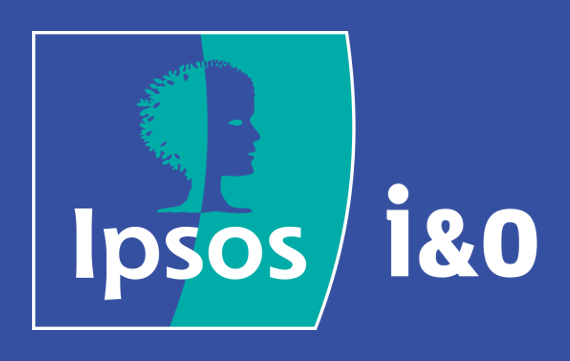The Ipsos Education Monitor 2024: Widespread support for banning social media for under 14s and acceptance that kids today have it harder
How accurately do global citizens perceive their education systems?
In the second edition of our annual Education Monitor, we explore global attitudes towards education and schools, with a special focus on the role of technology, AI and smartphones.
Key findings include:



